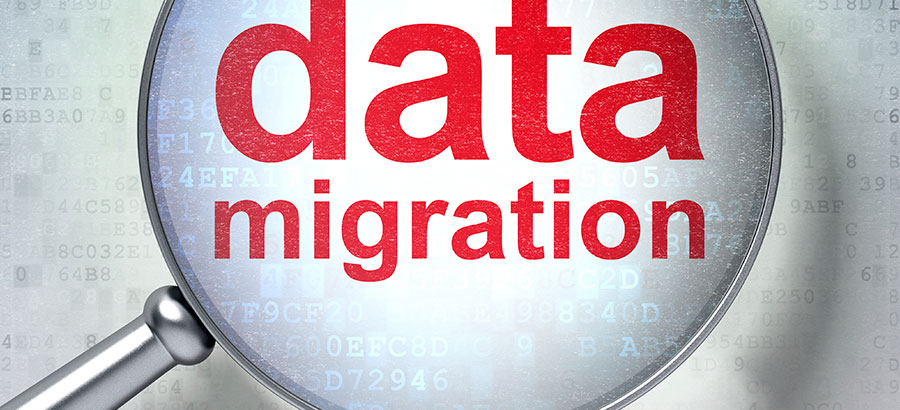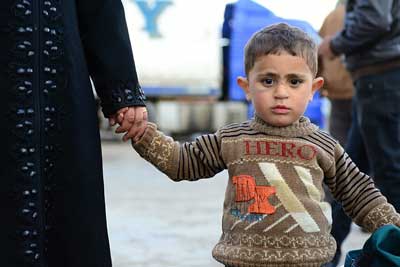- Advertising
- Bare Metal
- Bare Metal Cloud
- Benchmarks
- Big Data Benchmarks
- Big Data Experts Interviews
- Big Data Technologies
- Big Data Use Cases
- Big Data Week
- Cloud
- Data Lake as a Service
- Databases
- Dedicated Servers
- Disaster Recovery
- Features
- Fun
- GoTech World
- Hadoop
- Healthcare
- Industry Standards
- Insurance
- Linux
- News
- NoSQL
- Online Retail
- People of Bigstep
- Performance for Big Data Apps
- Press
- Press Corner
- Security
- Tech Trends
- Tutorial
- What is Big Data
5 Big Data Lessons to Learn from the Middle Eastern Refugee Crisis

Not since the second world war have nations been so pressed to accommodate such an overwhelming influx of refugees. Pouring in from war-torn, impoverished, famished, and oppressed regions of the Middle East and Africa, it is estimated that there are 60 million displaced refugees worldwide, and another 42,500 are added to this number each day.
For aid workers and the countries where these refugees seek help and a new life, simply taking in these numbers is overwhelming, without considerations like feeding, clothing, employing, educating, and attending to the medical needs of millions of refugees with positively no resources of their own. As grim as it looks in places like Germany, the US, France, the UK, and others, there are lessons to be learned. What can this current refugee crisis teach us about using big data?
1. Big Data Could Have Predicted the Crisis

Big data could have forewarned organizations that provide aid to refugees, as well as the nations to which these people are fleeing, before the crisis hit. No, it isn’t likely that a forewarning would have been enough to completely prepare to absorb 60 million plus people into other world societies and economies, but it would have been enough to begin setting aside resources and boosting infrastructure to make it easier.
For example, fundraising efforts by non-profit aid can take a year or more, as most of the donations they depend on tend to come in during a particular season, such as the holidays. A year’s notice would also have to give nations time to establish identification and screening systems, such as the trackable digital ID cards issued to the refugees. Advance warning could have meant a lot in terms of relocating resources, setting up infrastructure, and settling the dispute among nations over which countries are going to take in what numbers of refugees.
2. Big Data Can Be Used to Distribute Resources
Obviously, it’s too late for that. But big data still can contribute a lot in terms of helping the rest of the world cope with growing numbers of refugees. For example, in the short term, big data can determine which areas are in the greatest need of resources like food, clean water, and medical aid. In the long term, big data can help nations determine what plans need to be in place for the future needs of the refugees, such as jobs, schools, roads, power generation facilities, hospitals, and programs to aid in assimilation (like learning the new language). Big data can also predict things like what medical conditions the refugees might have, how communicable these diseases are, and what kinds of health care need to be in place to keep both the native and refugee populations safe.
3. Big Data Can Be Used to Disperse the Refugees
Which countries and regions are best able to absorb the refugees? There are many factors that go into this determination: where are enough jobs available? Where is there enough land or affordable housing? What areas are best able to support the refugees in terms of logistical needs, medical needs, educational needs, and food resources? Countries are already locked in battles over which nations will take more or fewer refugees. Big data could pinpoint the areas that are best able to absorb more people, making the process fairer and easy to manage.
4. Big Data Can Be Used to Plan for Future Infrastructure Needs
Other long-term planning needs will call for more power generation, more cellular towers, more roads, and other infrastructural considerations. Governments that base their future plans on their current native population, without considering the impact of these refugees over the next years and decades, will find their infrastructures to be woefully inadequate down the road. This kind of planning doesn’t just entail plans to support the number of refugees taken in, but also their offspring from now on. Big data can help predict things like population growth, mortality rates, and other such factors that determine the long-term needs of the native population plus the incoming refugees.
5. Big Data Can Be Used to Identify Potential Terrorists Hiding Among the Refugees

One of the many concerns of the nations taking in these refugees is the potential for terrorists to hide among the innocent masses and gain entry into countries that would never allow them in otherwise. Big data can help here, too. By indentifying these potential threats, nations could not only prevent entry to terrorists, but perhaps put dangerous people behind bars that have eluded authorities for years.
Big data has tremendous potential both in business and in society. Are you ready to get started on a big data initiative? Bigstep has solutions for storing, managing, and processing your big data. Visit now to see our products and find the ideal one for your endeavors.
Readers also enjoyed:



Leave a Reply
Your email address will not be published.